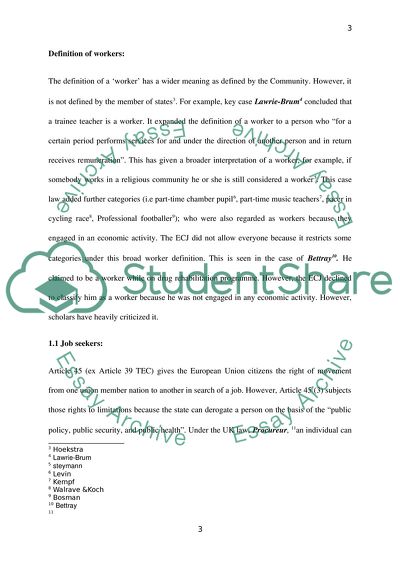Cite this document
(The Law of the EU Essay Example | Topics and Well Written Essays - 1500 words - 13, n.d.)
The Law of the EU Essay Example | Topics and Well Written Essays - 1500 words - 13. https://studentshare.org/law/1794445-law
The Law of the EU Essay Example | Topics and Well Written Essays - 1500 words - 13. https://studentshare.org/law/1794445-law
(The Law of the EU Essay Example | Topics and Well Written Essays - 1500 Words - 13)
The Law of the EU Essay Example | Topics and Well Written Essays - 1500 Words - 13. https://studentshare.org/law/1794445-law.
The Law of the EU Essay Example | Topics and Well Written Essays - 1500 Words - 13. https://studentshare.org/law/1794445-law.
“The Law of the EU Essay Example | Topics and Well Written Essays - 1500 Words - 13”. https://studentshare.org/law/1794445-law.


